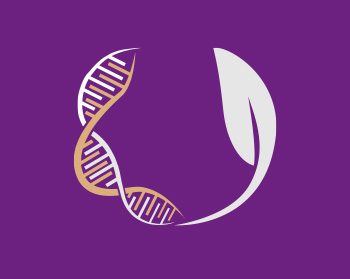
Social and economic research services
We carry out research to develop a better understanding of the ways in which trees and woodlands can benefit society.

We carry out research to develop a better understanding of the ways in which trees and woodlands can benefit society.

Chemical analysis of planet, water and soil samples, testing of plant stock quality and tree assessment products.

The Tree Health Diagnostic and Advisory Service provide advice and where possible diagnosis and identification of tree pest and pathogen

By analysis of DNA extracted from samples, Forest Research can identify the presence of cryptic or reclusive species.

The Land Use and Ecosystem Services Research Group provides services to the forestry and environment sectors.
Field Data Services brings together highly skilled and valued staff from the previous teams of Technical Services Unit (TSU), Technical Development Branch (TDB), and the National Forest Inventory Quality Assurance (NFI QA).
Forest Research uses micro-satellite analysis to produce DNA fingerprints from individual plants.
Our approach to management is to breed and release a host-specific predatory beetle, Rhizophagus grandis, that is found within the pest’s natural range.
Our scientists work on topics relating to planning, management and the protection of urban trees.
Spatial analysis techniques for habitat networks and working with / delivering tailored habitat network analyses.
Plant protection products – herbicides, insecticides and biocides – are only approved for sale and use in the UK once they have completed rigorous registration test.